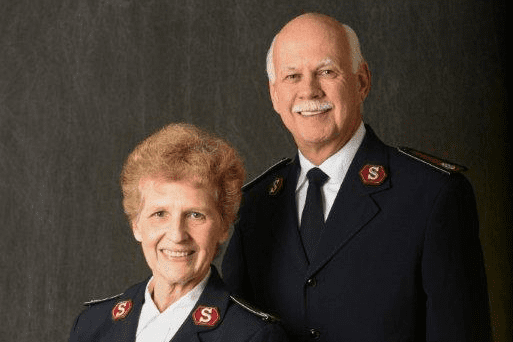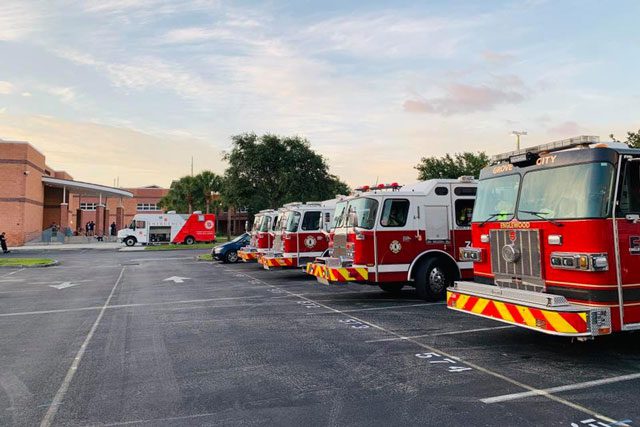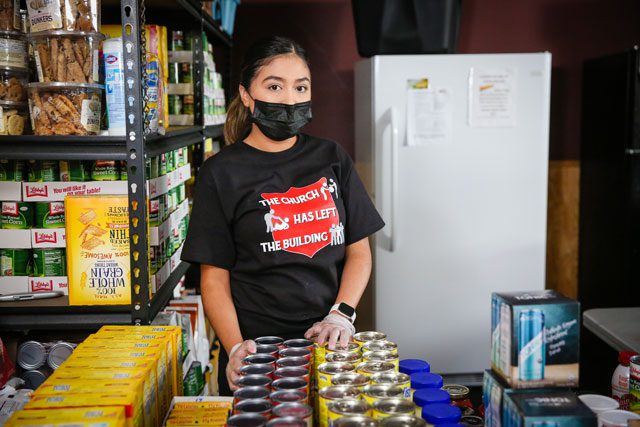
Brazilian Salvationists campaign to bring awareness to human trafficking.
Over 100 Brazilian Salvationists showed up at matches during the Fédération Internationale de Football Association (FIFA) Confederations Cup in Brazil with a goal to raise awareness of the issue of human trafficking.
Matches took place across Brazil in preparation for next year’s World Cup finals. The Salvation Army’s Human Trafficking Awareness campaign operated in three of the biggest locations: Brasília, Belo Horizonte and Rio de Janeiro.
Salvationists assembled around the football stadiums holding the matches with banners stating: “People shouldn’t be bought and sold. Human trafficking is a crime. Denounce it!” They gave leaflets to drivers and passengers in cars, and held up barcodes and posters that asked, “What’s the price of your silence?”
“In a year of great social mobilization in Brazil, where different social groups have headed to the streets, as Salvationists we too had the opportunity to protest against human trafficking, standing at traffic signals, approaching people in their cars and telling them about this harsh reality,” said Vânia Quintão, a participant. “We were able to help these victims by making others aware of what happens and in doing this, sharing Christ-like values among people.”
The tournament also allowed Salvationists to promote children’s sporting events and to offer Salvation Army facilities for the community viewing of the matches.
From an international news release










